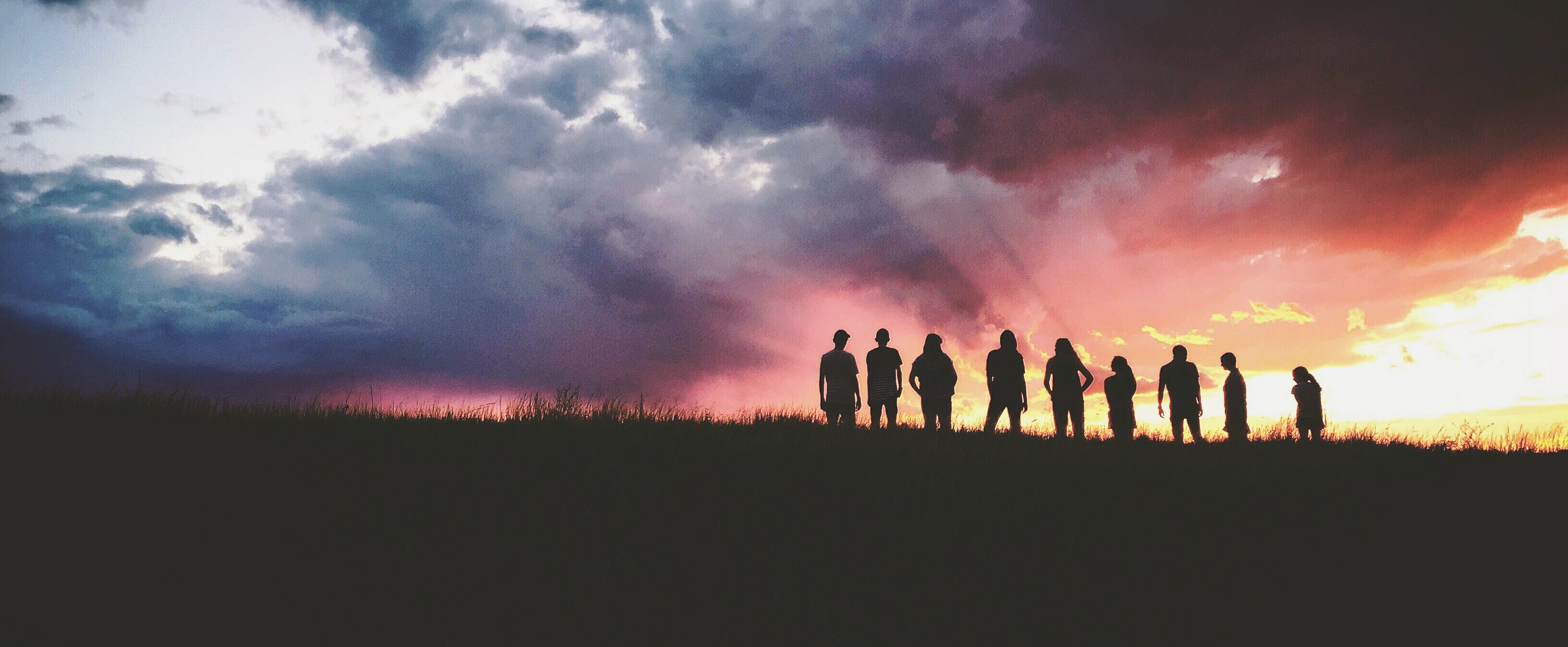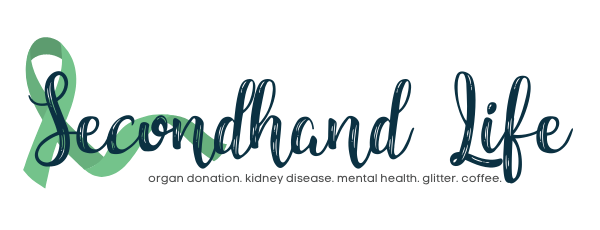
I’ve written many times about the close friendships I have with other people who also have kidney disease. They’re part of my life via a combination of Facebook groups, social media platforms and (my obvious favourite) in-person connections. It’s also no secret that at times my mental health has been extremely poor and these relationships have been the only thing standing between me and what would probably have been a total emotional breakdown.
What I haven’t talked so much about is the other side of all of this. The side that features me making my own contribution, helping instead of being helped, and maybe, hopefully, doing something productive that makes a real difference for somebody who’s now where I once was.
Chronic kidney disease is a life-long condition, even now I’m transplanted and doing quite well, I will never not have CKD. It will always be there, needing to be factored into how I live my life and influencing many decisions that I make. It is hard, but there are also times where it’s not as overwhelming as it used to be.
The concept of peer support was first introduced by a couple of older members of our Young Adult Kidney Group. Because we are quite vocal and proactive (largely as a result of having been part of the group in the first place I suspect!) we decided we wanted to pay it forwards in a tangible way, giving something back and continuing to stay at least a little bit connected to the group that helped us so much.
And so our peer support team was formed. None of us ever actually officially applied for the role. Nobody really asked us to. We just realised that we all wanted to do it, and put our heads together to see what we could come up with.
I also know I’ve written on here before about the many Things That I Am Not: Outgoing. Extroverted. Charismatic. Effortlessly confident. A “gobby” patient.
I viewed all those things as shortcomings, as positive qualities I was lacking, and for this reason, I joined our peer support group with more than a little trepidation. I knew I wanted to be involved, and I had friends who encouraged me that I had the attitude and the skills I needed to be good at it, but even that didn’t completely eliminate my doubts. Doubts that looked like “I’m not very good at chatting to people!“, “What if I say the wrong thing?“, “There are others who are better qualified to do this!” and “What if I make somebody worse?”
I worried A LOT that I was The Wrong Personality for this, that I should do it brilliantly or not at all. I was setting myself up to fail, I’d end up being crap at it and in the process could upset people more than I helped them. Sometimes these doubts were so significant that I considered dropping out.
What I didn’t expect, but maybe should have, was the impact that peer support would have on me!
I now have a totally different perspective on not only my experiences of chronic kidney disease but also on my own abilities. I can see that even though what I’ve experienced has been extremely challenging at times, and has led me to really struggle with both my physical and mental health, there is another side to it all. While I’m not going to immediately click with everybody I come across, and I don’t have direct experience of every single issue somebody might want to chat to me about, nobody else does either. It is a hugely unrealistic, pressured expectation to be able to be “the right person” with “the right response” on every single occasion.
I’ve also surprised myself by how open I’ve been able to be. It’s one thing to write about your poor mental health, your worries about the future and your rubbish self-image on a blog, or even to speak about them when the audience is full of strangers. It’s quite another to discuss them with a group of your peers, some of whom might be looking up to you and assuming you know how to deal with it all! It isn’t easy, but if one other person goes and sees their GP, requests a counselling referral or even just looks at their circumstances a little bit differently because I’ve mentioned that these things are what helped me, then my uncomfortable vulnerability is absolutely worth it.
That realisation is what helped me get to a place where I can see how I fit, and that my own experience and personality has value, exactly how it is.
“We rise by lifting others.” – Robert Ingersoll
